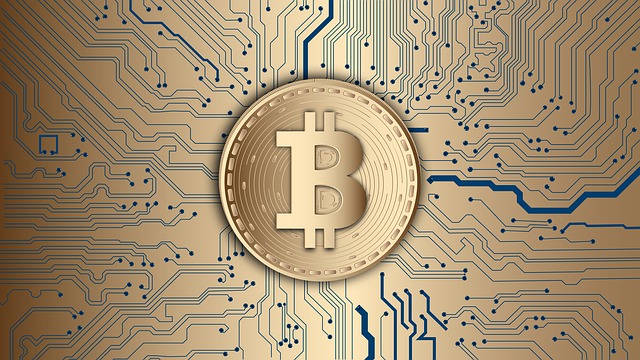The Fourth Industrial Revolution is often seen as a period when the barrier between human beings and machines disappears. Changes in the financial markets, as well as in the whole financial sector, over the last decade have forced investors and market institutions to change their paradigm of thinking and to adapt to the increased volume of innovation through fintech projects, distributed ledger technology blockchain and new hybrid financial instruments.

Big data, blockchain, artificial intelligence and machine learning, including also human and intellectual capital as well as emotions in making investment decisions are the challenges that markets and financial institutions in the knowledge-based economy must prepare for. However, the digitisation of financial and alternative markets and the Industry 4.0 involve much more than technology.
Challenges for Traditional Financial Markets
By integrating production and services, digitisation creates the opportunity to personalise and tailor products to the needs and requirements of individual buyers, at the same or even lower costs compared to serial production. New concepts emerging as a consequence of changes in financial markets will be particularly challenging for traditional financial markets. An investor will be able to have greater control over the decision-making process. Meanwhile, stock exchange players should be able to obtain appropriate information on the social and environmental impact of products, which will make it easier for them to form a reliable opinion on the planned investment decisions.
In this respect, the financial sector as well as market institutions should be key partners in the digital single market, ensuring a high level of quality and value creation. They need to be encouraged to play the role of a strategic partner for the industry, assessing in a professional manner the economic, social and environmental benefits of projects. Completely new forms of links between platforms and value-added services may be helpful. Financial regulations (or amendments to them) should not hinder the banking sector from taking estimated risks when investing in the Industry 4.0. A fully developed European capital market is necessary to create equal opportunities in financial markets that are comparable to those in the USA.
Just as in the past, a steam machine, electricity, nowadays automation, the Internet and big data or the distributed ledger technology make the digitisation of financial markets not only a commonplace but a key pillar of the economic revolution involving complex production processes within the framework of the knowledge-based economy, human capital and information-based decision making accounting for the Industry 4.0.
The results obtained in the framework of respective research problems mainly concern:
- processing of information in the financial market by creating a model supporting market institutions, using the option analysis in the financial market, monitoring and forecasting the risk of bankruptcy, investment risk analysis or detection of abuse in companies and enterprises financing their development through that market.
- human and intellectual capital in the process of value creation through the formation of a tool that facilitates market institutions to both evaluate listed companies, including intellectual capital, and to identify factors stimulating the development of human capital, and thus the competitiveness and innovation of companies in the creation of a regional system of innovation, institutional capacity to stimulate the private sector to increase spending on research and development.
- mathematical representation of the emotional state of a stock exchange investor by creating a prototype of a universal decision-making tool including the so-called emotional feedback loop (emotion controller) in creating investment recommendations for stock exchange players and thus a more complete risk analysis of complex market products.






